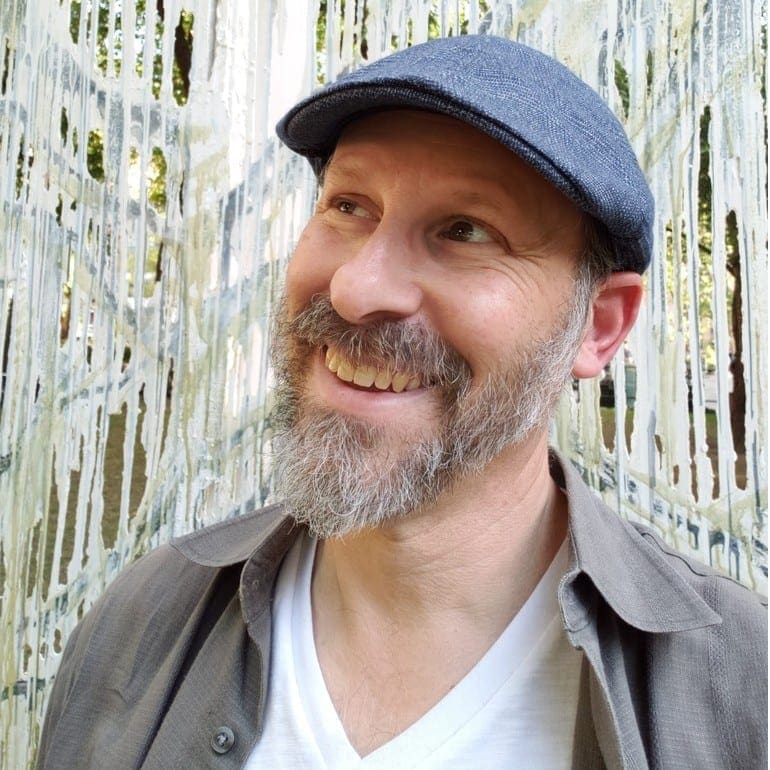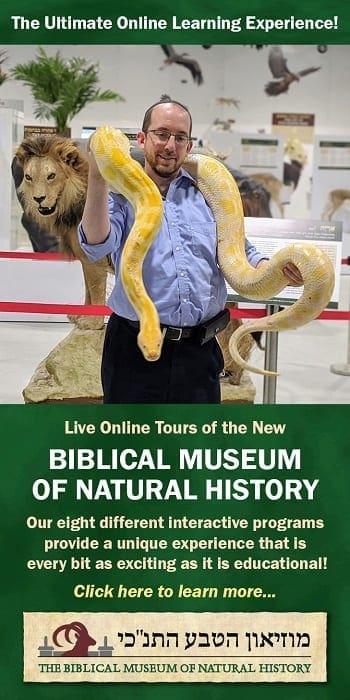A New Pedagogy for Parents and Children in Bar/Bat/Benai/B’ Mitzvah Education
What role should a parent play in the months of preparation that lead up to a coming of age celebration for a child?
I first started taking this question seriously after I stood on the Bimah, uttered the traditional parental blessing that freed me from “personal liability” (shepetarani mei’onsho shel zeh) for my newly dubbed “teenager” and tried my best to connect to the blessing on an emotional level. It was not easy. As much as I felt a release in that moment; the parental part of me was actually sensing a growing set of legal and moral responsibilities that I would carry for the actions of the pimpled, brace-faced teen who stood before me in his new suit and tie. I remembered my own random acts of teen recklessness and I wondered, on a karmic level, what my payback would be as a parent of a teen. So, while, yes, maybe on a spiritual plane the blessings’ words were still valid, I had internally concluded that relations between parents and teens have fundamentally changed. This blessing would be better fit to be said when a child reaches the age of eighteen and takes on the legal status of adult, not at thirteen.
I had these thoughts, yet the Jewish educator in me continued to ask: Shouldn’t we expect a thirteen-year-old to have a basic sense of responsibility for personal decisions and actions? And isn’t that what this blessing conveys? And might this blessing be speaking to a need to re-think the parent/teen relationship between ages thirteen and eighteen?
Today’s teens, the first true “digital natives,” are fascinating—on the one hand they are more worldly and wise than previous generations of teens, and yet they seem less grown up. Even before the COVID pandemic, researchers began to notice that the majority of Generation Z teens in America have close personal relationships with parents. Professor Jean Twenge, author of iGen: Why Today’s Super-Connected Kids are Growing Up Less Rebellious, More Tolerant, Less Happy – and Completely Unprepared for Adulthood, argues that rather than seeking independence from parents, most of today’s teens experience something akin to “extended childhood.” Teens spend more time in conversations with parents, and in terms of Jewish teens, 2019 research conducted by the Rosov Group found that 90% of Jewish teens like spending time with their family for Jewish holidays and that 61% of Jewish teens affirm, “I ask my parents questions about Jewish life.”
Today’s parents of benai mitzvah students are also different. Although there are parents of many different ages in this group, ranging from folks in their 30s to folks in their 70s, the bulk of parents are from Gen X, a generation noted for taking a “stealth” approach to parenting. Professor Shalini Shankar of Northwestern University has argued in her book, that this “stealth” approach means that parents practice surveillance of their children at a distance and encourage their children to compete in multiple arenas so that their children will find a practical and safe path to success. These parents also attempt to move away from micro-manager approaches to parenting, seeking ways that they can encourage their pre-teens and teens to develop a sense of agency.
A Case Study in Family Education
With an understanding that there have been both seen and unseen generational shifts in parent-teen relationships, five years ago my colleagues and I at Moving Traditions began piloting a new model of interactive family education for 6th and 7th graders in Jewish schools and synagogues that imagined the benai mitzvah as not about “becoming an adult” or “becoming a man” or “becoming a woman” but about “becoming a teen.”
What does it mean to “become” a teen? In developing a curriculum for the program, we were influenced by Professor A. Rae Simpson of the Massachusetts Institute of Technology whose recent research led to her ten tasks of adolescence model, drawing attention to such things as adjusting to sexually maturing bodies and new emotions, clarifying values, and forming friendships. Instead of gaining independence from parents, in this model teens are “renegotiating” roles with parents.
The Moving Traditions program, which now contains 20 hours of curriculum that have been adapted for online use by clergy and educators, and a podcast series for parents titled “@13,” is centered on the idea that as pre-teens are marking, ritually and communally, the leap from child to teen, parents are making a leap from parenting a child to parenting a teen. The topics that we chose to focus on in the curriculum all connect to social-emotional aspects of the benai mitzvah “year” that involve both parent and pre-teen. For example, the curriculum explores the pressures and expectations that come with being a host of a celebration, the different ways that people navigate being the “center of attention,” a session called “looking good and feeling good” about what people choose to wear, how these choices reflect social and gender codes, and what values are conveyed through those choices. In discussing these issues, and other key issues such as parent-teen communication and peer pressures, parents and pre-teens are guided by educators in a program where they learn how to better listen to one another and learn to empathize with peer groups and across the generational divide. These conversations all happen within a Jewish communal framework, connecting Jewish wisdom, text, and ritual to a dialogic model of family and group interaction. In a typical two-hour meeting, parents and pre-teens learn together, then they split off to spend time in parents only and pre-teens only groups, and then they have dialogue and de-briefing within the family unit of parent(s) and pre-teen(s).
Rabbis, educators, and cantors who join us for the training for this program are often struck that we not only focus time on exploring new theories about adolescence, but we reflect on senescence, the life-stage that most parents are experiencing. Parents are often newly aware of physical decline, balancing peak career phases with caregiving for others, and returning to unfulfilled dreams or joyful past-times from their own adolescence. In this program model, parents not only learn to empathize with their teens, but teens learn to see their parents in a new light – learning about their parents lives as teens and learning about how their parents approach Jewish texts, rituals, and values.
What have we learned? Last year, 843 parents responded to surveys conducted after the sessions: 88% of respondents said that the program helped them connect adolescent issues to the benai mitzvah, 89% felt that the program helped them to speak with their child in a valuable way, and 82% said that the Jewish education components of the program were relevant to their lives.
We were also fortunate to have a few institutional partners in the day school world. To learn about the program’s impact in a Jewish day school setting, I spoke with Rabbi Dr. Yechiel Hoffman, who ran the program with day school families from Temple Beth Am (Los Angeles) for three years.
“Once we started to run the [Moving Traditions] program, it became clear that we could engage the parents as ‘learners’ in a way that we never had before with middle school parents. The guided conversations were perfectly aligned with the life-stage they were in and helped them to see themselves on a journey that paralleled their child’s journey.”

Daniel Brenner
Rabbi Daniel Brenner serves as the Chief of Education for Moving Traditions, a non-profit based in Elkins Park, Pennsylvania. In addition to developing family education models, Daniel trains Jewish educators and others who are mentoring middle and high school aged boys through Moving Traditions’ Shevet groups and designs professional development experiences for summer camp and youth group professionals.
See all the previous issues of Jewish Educational Leadership
As an educator, some of Hoffman’s insights were based on using curricular material with 6th and 7th graders and then using it in the family sessions:
“Many of the students need help navigating the challenge of being the center of attention that comes with benai mitzvah [celebrations] and I saw how well the curriculum’s focus on introverts and extroverts worked with pre-teens. When I extended that conversation to the family-based, parent-child conversations, all of a sudden I hear a mom say, ‘I hate the fact that I need to get dressed up and have people look at me’ and a father say, ‘I just want to sit back and enjoy this, not be greeting people.’ And it became clear that it wasn’t just the pre-teens who would benefit from some values clarification and deep conversation about the social pressures of this rite-of-passage—it was everyone. And when they engaged in that conversation, they realized that the pressure to ‘perform’ was a shared challenge, and one that they could push back on.”
Family Education as a Model of Parent Education
In Alex Pomson and Randal F. Schnoor’s 2018 work, Jewish Family: Identity and Self-Formation at Home, they argue that:
“providers of Jewish educational experiences and interventions ought to think of their work within a different paradigm, one we liken to a flipped classroom where it is understood that learning can be acquired independent of the classroom and yet where the classroom continues to play an important facilitative role.”
The learning that happens outside of the classroom and outside of the student’s preparation for leading tefillah, reading Torah, or giving a devar Torah is extensive. Every family considers what it means to host an event, there are decisions about what to wear and how to present oneself, and there are endless discussions about money, food, decorations, and how to celebrate. This can all serve as a “text” that educators can use to guide conversations that help parents and their children to reflect on Jewish social values and personal middot.
Back to the Blessing
The blessing, freeing a parent from personal liability of a teen, does it still make sense to say when your child is age twelve or thirteen? Honestly, I continue to have my doubts. But I am certain now that saying it helped me as a parent to let go of the childhood stage and to begin to envision a journey towards adulthood for my children. And I think that the more that Jewish educators can pay attention to both parent and pre-teen, and the relationship between them, the more we will be able to meet the emotional and spiritual needs of today’s families.



